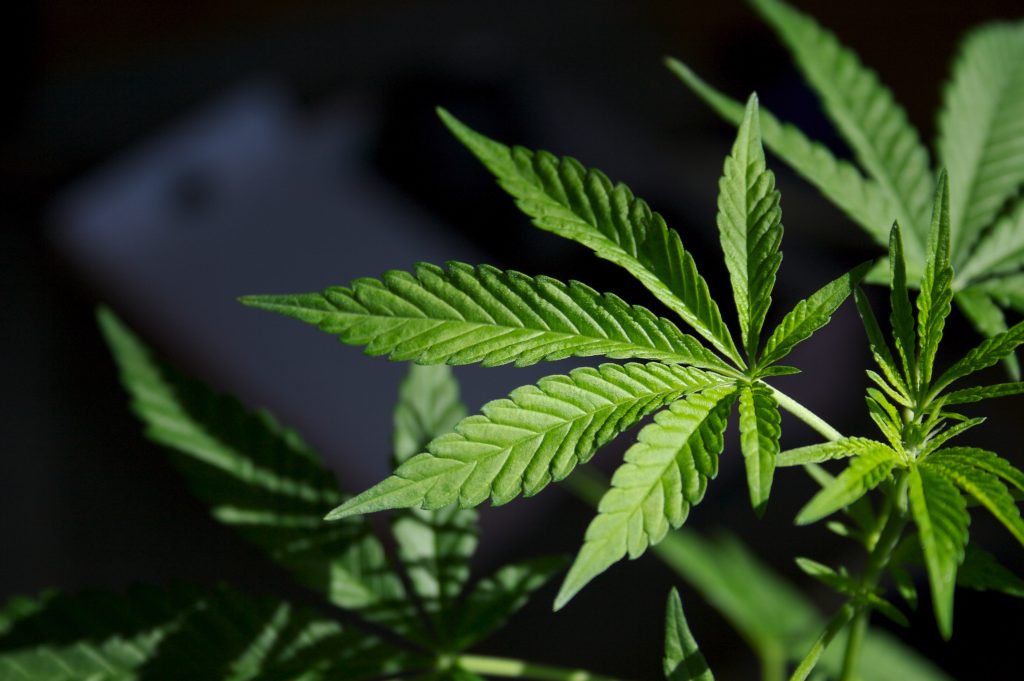
Marijuana Prescribed
Marijuana has been illegal in the UK since 1928 but, as of the 1st November 2018, the National Health Service is permitted to prescribe medicinal cannabis to certain patients for the treatment of epilepsy, multiple sclerosis (MS), chronic pain, and the nausea brought on by chemotherapy. This long-time disreputable substance is making a new name for itself through helping sufferers of epilepsy, multiple sclerosis and cancer.
The recently publicised cases of two children suffering with epilepsy, Alfie Dingley (6) and Billy Caldwell (13) appear to have been the catalyst that finally prompted the legalisation of medical cannabis in the UK. Both boys suffer from life-threatening epileptic seizures, treatable only with cannabis-based medication. On June 11th this year, Billy Caldwell’s mother, on her return to the UK from a trip to Canada to obtain Billy’s medication, was stopped at Heathrow airport and the medicine was confiscated by customs. Desperate, Ms Caldwell gained public prominence by appealing to the government to release her son’s medication. She spoke out about Billy’s and other children’s need for cannabis oil and its efficacy in treating epileptic seizures. On June 19th, the Home Secretary Sajid Javid, moved by the plight of Billy Caldwell and Alfie Dingley, announced in the House of Commons that he would do “everything in [his] power to make sure that [the UK has] a system that works” for “these children and these parents get access to the best medical treatment”.[1]
Although Javid initially granted unique licences for Billy and Alfie to receive their treatment, he also called for a re-evaluation of the therapeutic potential of cannabis-based medications by Professor Dame Sally Davies, Chief Medical Officer for England and Chief Medical Adviser to the UK government. Previously, cannabis was classified as a Schedule 1 drug – meaning it has zero therapeutic value – making it illegal to possess or to prescribe.[2] On July 3rd, the Department of Health and Social Care published Davies’ review which ‘concludes that cannabis-based medicinal products should be moved out of a Schedule 1 classification’ as there is evidence of their potential therapeutic and medicinal benefits (gov.uk).[3] A second review led by the Advisory Council on the Misuse of Drugs (ACMD) is now underway to assess this rescheduling of the drug ‘based on the balance of harms and public health needs’. While cannabis has been classified as a Schedule 1 drug it has been impossible for medical research to be carried out on it. Rescheduling it as a Schedule 2 drug (drugs classified as having therapeutic value – a list which includes heroin and opioids) would allow researchers to perform the necessary investigations into its medicinal uses.
The current state of affairs: Many in need, but still not receiving
In the meantime, the circumstances under which patients are entitled to receive medical cannabis products are very strict. Despite the latest decriminalised status of the drug, the restrictions placed on doctors when prescribing it are still so severe that, in the main, patients in dire need of cannabis treatment remain unable to access it. Only certain sufferers who can prove the extremity of their cases, and who have clearly exhausted all other avenues of treatment which have proved ineffective, are legally permitted access to any cannabis-based products. According to the new rules, a further restriction means that cannabis oil cannot be prescribed by general practitioners – only specialist doctors are allowed to prescribe it to patients who are deemed eligible. So, it is an arduous, complicated journey for those who require it.
Cannabis in other countries
Since the early 2000’s the cannabis plant has been gaining global recognition for its curative and remedial benefits. In 2018 alone, cannabis was legalised, in one form or another, in Denmark, Malta, Zimbabwe, Canada and South Africa. It is now decriminalised or legalised in varying measure in over 40 countries worldwide. In the UK it has been listed in the Dangerous Drugs Act since 1928 and, during the last 90 years of prohibition, little research has gone into the potential benefits and/or negative side effects of short or prolonged use of cannabis medicinally. At this stage it seems that extensive research needs to be completed before cannabis-based medicine can be made more readily available to patients in the UK.
Will the UK follow suit?
Many are wondering what the future holds for this new form of treatment in this country. Sajid Javid has said that the prescription of cannabis “will help patients with an exceptional clinical need, but is in no way a first step to the legalisation of cannabis for recreational use” (gov.uk). According to Professor Davies’ report, medicinal cannabis is comprised of “the correct concentrations and ratios” of various active chemicals found in cannabis to render it therapeutic. “Using other forms, such as grown or street cannabis, as medicine for therapeutic benefit is potentially dangerous. The evidence that cannabis and some of its derivatives can be addictive and harmful […] is not disputed by recent science, so […] the reasons it is a controlled drug in the UK [still] stand”.
Professor Davies also reports that evidence of the therapeutic potential of cannabis has been attested by the World Health Organisation (WHO). Clearly, many in the UK would benefit but are not in a position to acquire it legally via any channels currently open to them. If the drug is effective in managing pain and treating, or even reversing the effects of debilitating diseases, the current void in the research which is required to underpin a regularised use of medicinal cannabis, and to provide the accompanying medical expertise, needs to be remedied and the funding found for such resources. For patients in urgent need, this new treatment is a beacon of hope.
